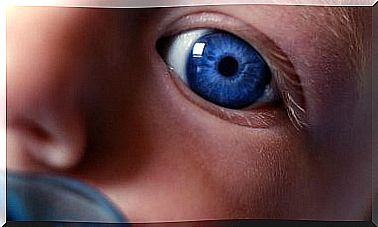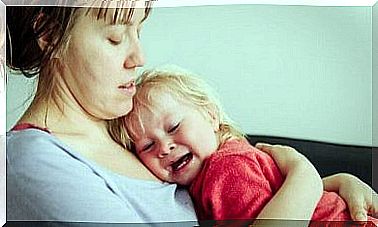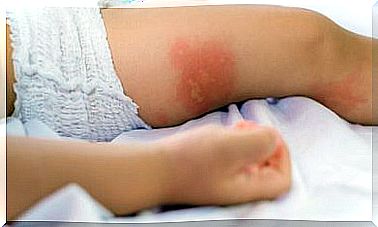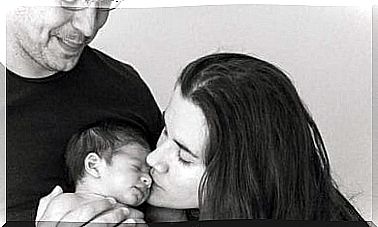Postpartum Obsessive Compulsive Disorder
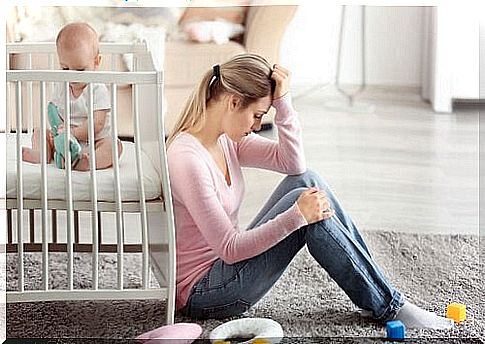
As with any other obsessive compulsive disorder, a woman’s daily life is affected in several areas.
Causes of postpartum obsessive compulsive disorder
There is no consensus on the causes of postpartum obsessive compulsive disorder, but some specialists believe that the hormonal and physical changes that occur after childbirth may be the cause of its occurrence.
As with many other conditions, the causes of postpartum obsessive compulsive disorder are considered to be a combination of environmental, genetic, and biological factors. On the other hand, certain other factors are also suspected to predispose people to develop postpartum obsessive compulsive disorder.

Risk factors
- Obsessive compulsive disorder in the family
- Mood disorders: stress, anxiety, depression, etc.
- Traumatic or extremely stressful events
- Problems with childbirth or lack of postpartum relief
Prevalence of postpartum obsessive compulsive disorder
It is estimated that about 3% of all new mothers develop postpartum obsessive compulsive disorder. Those who have previously been diagnosed with anxiety or depression are also more likely to develop it.
In general, women who experience postpartum obsessive compulsive disorder often confuse it with postpartum depression. Therefore, this disorder becomes and it is not possible to quantify the frequency accurately.
It should be noted that not all cases of postpartum obsessive compulsive disorder are the same. In some women, it can occur in a mild way, while in others it manifests itself in a much more extreme way.
Prevention
How to prevent postpartum obsessive compulsive disorder is not well known, but, no doubt, a healthy lifestyle and good personal care (especially mental care) will help significantly.
Once the diagnosis of POCD has been made by a professional, it is important to initiate treatment. That way, the treatment will have satisfactory results and an improvement will be achieved early in the course.
Signs of postpartum obsessive compulsive disorder
All worries involved in taking care of the baby are taken to the extremes. Therefore, excessive behavior around overprotection, excessive cleaning, among others, can develop.
- Insomnia
- Lack of rest (because taking care of the baby)
- Excessive protection. For example, the mother may constantly carry the baby around, for fear that something might happen to the baby.
- Rituals and repetitive behaviors, such as: checking the contents of his purse all the time, sterilizing the bottle more times than necessary, cleaning the same place or the same thing several times.
- Accumulation of things. It gives the mother a sense of peace of mind knowing that she will not lose her things or that she will always have everything she needs.
- Perfectionism. Constant worry, according to the idea that if everything is not done perfectly, the baby will suffer harm.
- Avoidance behaviors (to avoid harming the baby), such as not using knives or sharp objects, not using products for fear of toxins, etc ..
The presence of these signs can reduce a woman’s quality of life. Her routine is degraded by actions she takes to counteract it, and her personal relationships are severely affected.

Treatment of POCD
The support of your loved ones is the key when looking for solutions. It is also very beneficial for the woman to delegate certain responsibilities to some others. These can be small actions.
For example, if you get help from the baby’s grandmother, the mother may take a nap in peace and quiet, because someone else will be responsible for, and able to take care of, the baby.
Of course, it is not easy for a woman with POCD to leave her baby, so they will have to be patient but firm. Only in this way, they will be able to be helped.
Regular help from a psychologist can also help gradually overcome POCD. Therefore, once the therapy has started, it is important to be persistent when starting on the recommendations and guidelines.



